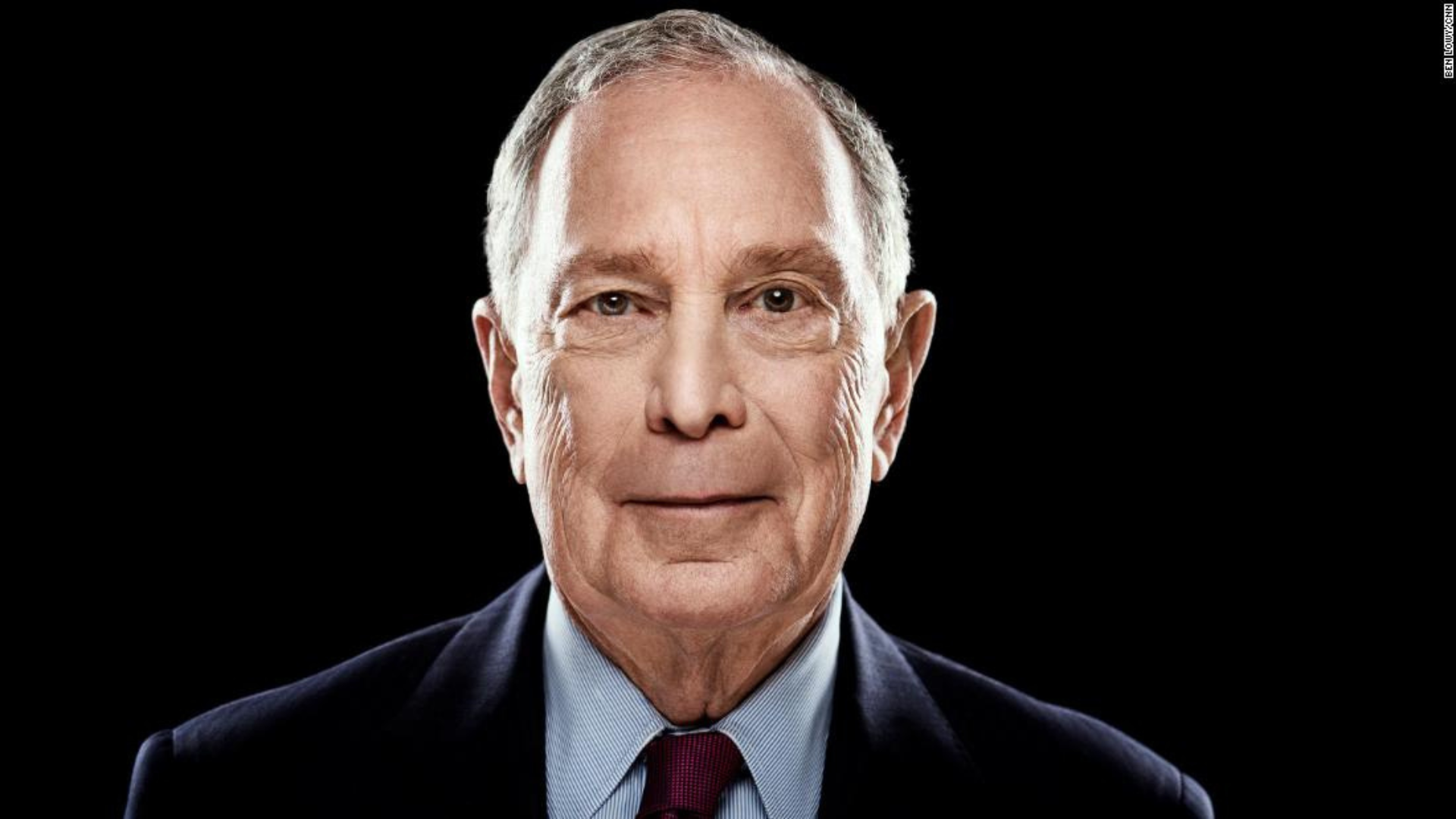Introduction
Charlie Chaplin the iconic figure of the silent film era, is often remembered for his timeless comedy and memorable characters. However, beyond the laughter and entertainment, was a profound social commentator and political activist whose influence extended far beyond the silver screen. In this article, we will explore how Chaplin used his platform to address pressing social and political issues of his time and the lasting impact of his work.
Early Life and Career
Charlie Chaplin’s early life in poverty-stricken London laid the groundwork for his legendary career. From his humble beginnings in vaudeville to his transition to silent films, talent and resilience propelled him to international fame, shaping the landscape of cinema forever.Born into poverty in London in 1889, Chaplin childhood was marked by hardship and struggle. His early experience would later shape his artistic vision and social consciousness. At the age of 19, Chaplin joined the world of vaudeville, where he honed his skills as a performer. His talent and charisma quickly catapulted him to fame, leading to his transition to film in the early 20th century.
The Tramp’s Symbolism
Charlie Chaplin iconic Tramp persona transcended comedy, serving as a poignant symbol of social commentary. Through the Tramp’s ragged appearance and comedic antics, Chaplin tackled themes of poverty, inequality, and the human condition, leaving a lasting impact on audiences worldwide.Central to Charlie Chaplin’s repertoire was the character of the Tramp, a lovable but downtrodden vagabond who navigated a world of poverty and injustice with humor and resilience. Through the guise of the Tramp, explored a wide range of social issues, from poverty and inequality to the dehumanizing effects of industrialization. Films like “The Kid” and “Modern Times” exemplified the ability to use comedy as a tool for social commentary, blending humor with poignant observations about the human condition.
Charlie Chaplin Critique of Modern Society

Charlie Chaplin films served as a sharp critique of modern society, highlighting the dehumanizing effects of industrialization and capitalism. Through satire and humor, he shed light on societal inequalities and injustices, challenging audiences to reflect on the flaws of the world around them. His films, offered a scathing critique of modern society, particularly its obsession with progress and materialism. He highlighted the plight of the working class, portraying factory workers as cogs in the machinery of capitalism. portrayal of the dehumanizing effects of industrialization struck a chord with audiences Money earned him praise for his insight and empathy.
Political Activism Chaplin Voice Beyond the Screen
Charlie Chaplin political activism extended beyond the silver screen, as he passionately advocated for social change. His outspoken support for workers’ rights, racial equality, and peace often put him at odds with the establishment, showcasing his commitment to using his voice for positive societal impact. Beyond his work as a filmmaker, was a vocal advocate for social and political change. He used his platform to speak out against injustice and oppression, advocating for causes such as workers’ rights, racial equality, and peace. political beliefs often put him at odds with the establishment, leading to accusations of communism and exile from the United States during the McCarthy era. Despite facing persecution, Chaplin remained steadfast in his commitment to using his voice for positive change.
Controversies and Challenges
Charlie Chaplin faced controversies and challenges, including accusations of communism and moral impropriety. Despite these obstacles, he remained steadfast in his commitment to his beliefs, leaving a legacy that transcends the controversies of his time. Throughout his career, Chaplin faced numerous controversies and challenges, both personal and professional. Accusations of moral impropriety and political subversion dogged him throughout his life, overshadowing his artistic achievements. Despite these challenges, Chaplin persevered, continuing to produce groundbreaking work that challenged the status quo and inspired generations of artists and activists.
Legacy and Lasting Impact
Chaplin’s legacy as a social and political commentator remains as relevant today as ever. His films continue to resonate with audiences worldwide, inspiring future generations of filmmakers and activists to use their art as a tool for social change Today, Chaplin’s legacy as a social and political commentator remains as relevant as ever. His films continue to resonate with audiences worldwide, reminding us of the enduring power of art to provoke thought and inspire action. ability to blend comedy with social critique paved the way for future filmmakers to tackle difficult issues with wit and intelligence. His influence can be seen in the work of filmmakers such as Charlie Kaufman and Taika Waititi, who continue to push the boundaries of cinema and challenge audiences to confront uncomfortable truths.
Conclusion
In conclusion, Charli Chaplin’s influence on social and political issues transcends the confines of the silver screen. Through his films and activism, Chaplin challenged the prevailing norms of his time and sparked continuing conversations about poverty, inequality, and injustice. His legacy serves as a reminder of the power of art to effect change and inspire empathy, leaving an indelible mark on the world of cinema and beyond.




